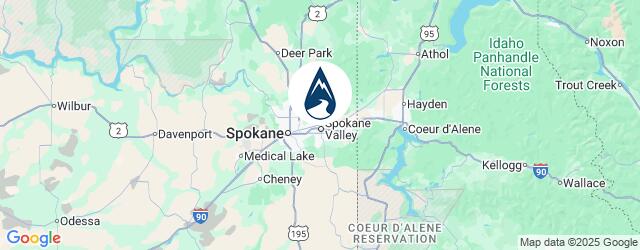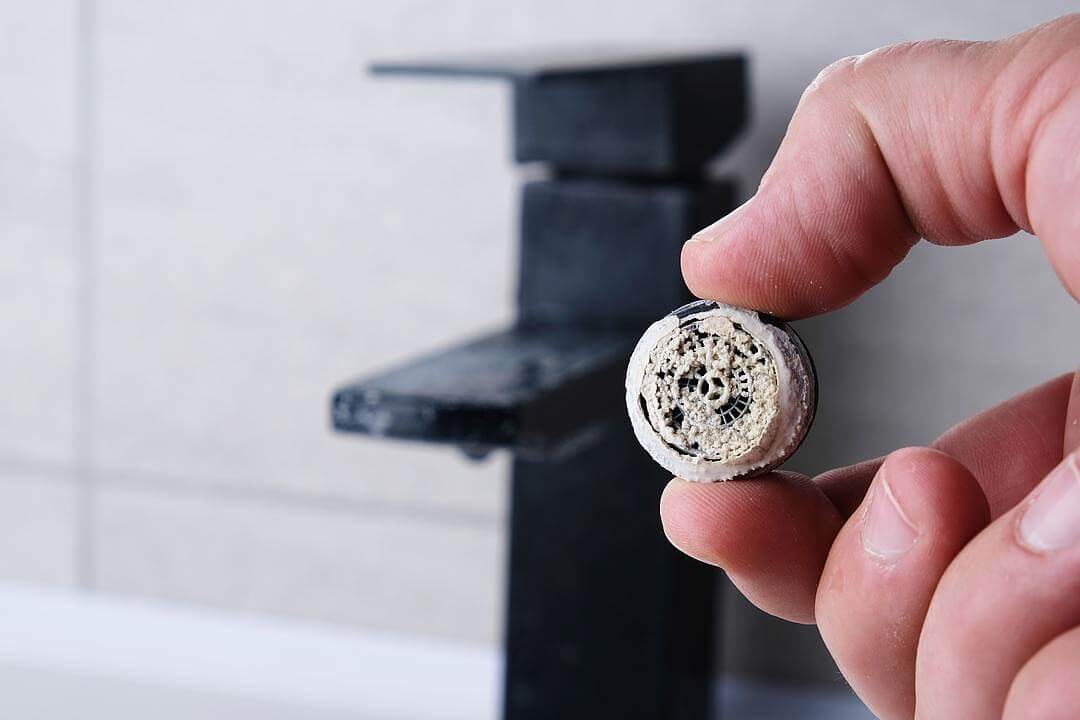Salt-Free Home Water Conditioners: What You Need to Know
Hard water is silently damaging your home’s plumbing, appliances, and even your skin—all while you pay the price through higher energy bills and shortened equipment lifespans. The salt vs salt-free water softener debate leaves many Coeur d’Alene homeowners confused about which solution will truly protect their investment without creating new problems.
Understanding Hard Water in Coeur d’Alene
Hard water contains high levels of calcium and magnesium that cause scale buildup on fixtures, spotty dishes, and dry skin after bathing. In Coeur d’Alene homes, these minerals enter our water supply naturally as groundwater passes through local limestone deposits.
Many homeowners notice reduced water pressure from clogged pipes and appliances that wear out faster than they should. These issues aren’t just annoying—they’re costly over time.
The debate between salt vs salt-free water softener options often begins when these problems become noticeable enough to demand action.
What Is a Salt-Free Water Conditioner?
A salt-free water conditioner uses template-assisted crystallization (TAC) technology to change how minerals behave without removing them. This process transforms dissolved calcium and magnesium into microscopic crystals that won’t stick to surfaces.
These systems are technically “conditioners” rather than true “softeners” because they don’t remove hardness minerals. Instead, they neutralize the minerals’ negative effects while preserving their beneficial properties.
- No salt needed: Unlike traditional softeners, these systems require no salt bags or brine tanks
- No electricity required: Most salt-free systems operate without power
- No water waste: These systems don’t backwash or regenerate like salt-based softeners
Comparing Salt vs Salt-Free Water Softener Systems
The most noticeable difference between these systems is how the water feels. Salt-based softeners provide that slippery, soft water feel by removing minerals completely. Salt-free systems maintain a more natural feel since minerals remain present but in a non-scaling form.
Maintenance requirements differ significantly too. Salt-based systems need regular salt refills and periodic cleaning. Salt-free conditioners typically require only an annual filter change.
Environmental considerations may influence your choice as well. Traditional softeners discharge salty brine water during regeneration. Salt-free systems produce no wastewater, making them more environmentally friendly for our North Idaho ecosystem.
When comparing salt vs salt-free water softener options, consider these key differences:
- Water feel: Slippery (salt-based) vs natural (salt-free)
- Mineral content: Removed (salt-based) vs neutralized (salt-free)
- Maintenance: Regular salt addition (salt-based) vs annual filter change (salt-free)
Key Advantages for Coeur d’Alene Homes
Salt-free water conditioners offer several practical benefits for local homeowners. The minimal maintenance requirements mean you’ll spend less time and money on upkeep—no more lugging heavy salt bags or scheduling frequent service visits.
The absence of salt handling is particularly appealing to many of our customers with physical limitations or those who travel frequently. Your system continues working effectively whether you’re home or away.
From an environmental perspective, the lack of wastewater discharge aligns well with our community’s commitment to protecting our beautiful lakes and rivers.
When a Salt-Based Softener Might Be Preferable
For homes with extremely hard well water, a traditional salt-based softener might be more effective. These systems physically remove minerals rather than just neutralizing them.
If you particularly value the feel of soft water—the slippery sensation, better soap lathering, and softer skin and hair—a salt-based system delivers these benefits more completely.
Certain specialized situations, such as homes with iron in their water supply, may also benefit from salt-based technology that can address multiple water quality issues simultaneously.
Steps for Choosing the Right System
Get a Hardness Test
The first step is understanding your specific water conditions through professional testing. Our technicians can measure your water’s hardness level, which helps determine whether a conditioner or softener would be more appropriate.
Factor in Maintenance Preferences
Consider your lifestyle and maintenance tolerance honestly. Salt-free systems require minimal attention—typically just an annual filter change. Salt-based softeners need regular salt additions every few weeks.
Calculate Upfront vs. Long-Term Costs
While salt-free systems often have a higher initial purchase price, they generally cost less over time due to minimal maintenance requirements. Salt-based systems may cost less upfront but require continuous investment in salt.
When evaluating the salt vs salt-free water softener debate for your home, consider these cost factors:
- Initial investment: Generally higher for quality salt-free systems
- Ongoing expenses: Higher for salt-based (salt purchases, water usage, potential service)
- Lifespan considerations: Most salt-free systems have fewer mechanical parts to fail
Final Thoughts on Softer, Cleaner Water
Both salt-free conditioners and traditional softeners can effectively address hard water issues, but they do so in fundamentally different ways. Your choice ultimately depends on your specific water conditions and lifestyle needs.
We’ve helped many Coeur d’Alene homeowners find their ideal water treatment solution. The right system should balance performance with convenience in a way that makes sense for your household.
For personalized guidance on selecting between salt vs salt-free water softener options for your home, we’re here to help. Our team at Comfort can evaluate your specific water conditions and recommend the perfect solution for your family’s needs.
Ready to solve your hard water problems? Contact us today to schedule a water test and consultation.
Hear From Our Happy Customers
Contact Quality Water Northwest Today!
We’re Ready to Help
A member of our team will be in touch shortly to confirm your contact details or address questions you may have.
"*" indicates required fields

- Coeur d'Alene
- Dalton Gardens
- Fairwood
- Glenrose
- Hayden
- Liberty Lake
- Millwood
- Post Falls
- Spokane
- Spokane Valley

